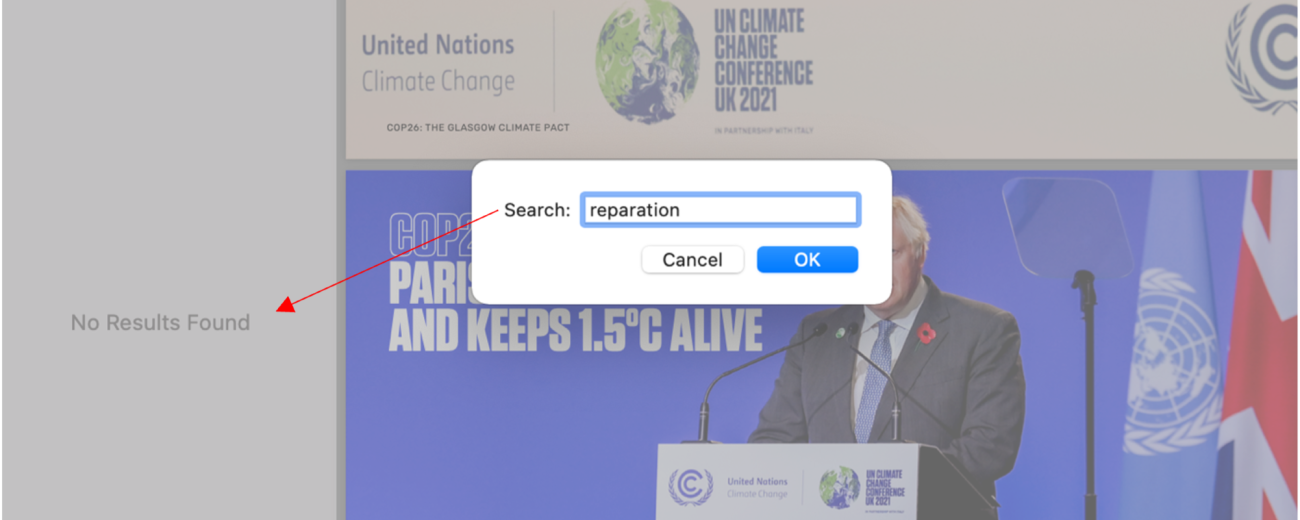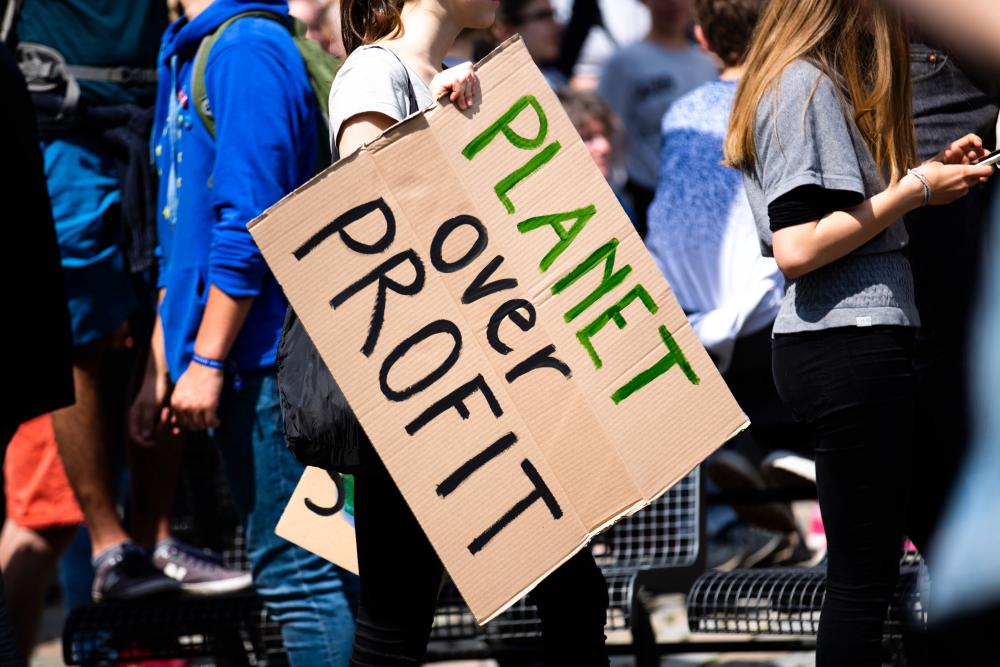COP-26 or flop-26? How the Global North is reproducing normalcy and inaction


COP-26 captivated the Global North, and we stopped and listened…and then carried on as normal.
In the run-up to COP-26, the UK was told by Allegra Stratton “to not rinse dishes” before putting them in the dishwasher and witnessed Rishi Sunak halve domestic flight taxes in the latest Autumn budget. The former visibly individualising the problem to obscure government accountability, with the latter making the climate crisis invisible in public policy.
Why this production of normalcy?
Well, ‘business as usual’ is a subliminal tool of climate denial that systematically normalises the crisis. This “reproduce[s] transnational environmental privilege.” And architects the UK as an innocent global actor.
But the UK is not innocent
We are fundamentally complicit in what has now call been termed the ‘Anthropocene’. The ‘Anthropocene’ signifies humans as a “geological force in and of themselves, driving planetary change at an unprecedented rate”.
For me, this term is a cop-out. A criticism of the Anthropogenic framing is that it “naturalizes immense inequalities in responsibility for harm and in the distribution of suffering, among and across diverse life forms”. It is a unifying term that collectivises responsibility.
We need to be more explicit than that. The climate catastrophe is not merely a human consequence but a direct political consequence of Colonialism. The ‘Colonialocene’ (rather than Capitalocene) is, therefore, a more appropriate anthropological framework. Its meaning is explicit: Colonialism caused the Climate Crisis. It is the historic administration of extraction and exploitation that survives in neo-colonial capitalist structures. If accountability is fairly redistributed, the problem becomes visible: Climate justice cannot be achieved in Capitalism, and the Global North are not taking responsibility for it.
Which takes me back to COP. ‘The Glasgow (non-binding) Pact’ produced four goals: ‘Mitigation, Adaption, Finance and Collaboration’. “Adaption – helping those who are already impacted by climate change” succinctly conveys this refusal of accountability. We should be discussing ‘reparations’. But reparations did not feature. Instead, language was used to obscure accountability, reproduce normalcy and actively pursue climate inaction.
COP-26 was a load of “BLAH BLAH BLAH”
So, what next? We need to fight for holistic repairs for all that have been, and continue to be, harmed by the Colonialoscene, and financial compensation is only 1% of it. It includes psychological, cultural, organizational, social, institutional, technological, economic, political, and educational repairs. Land and food sovereignty are at the heart of Indigenous climate organisations, and we need to listen!
This is why I think Colonialoscene Anthropology offers what the Anthropocene can’t: an explicit and emancipatory challenge to violent socio-political-scientific structures. We need to utilise anthropological tools to “expose, subvert, and undermine structures of domination” in ways that are not “inimical to action”.
This blog was written as part of the core module ‘Anthropology of Sustainability' for the MA Anthropology of Global Futures and Sustainability.
About the author
Jocasta Davis graduated with an MA in Anthropology of Global Futures and Sustainability in September 2022.




